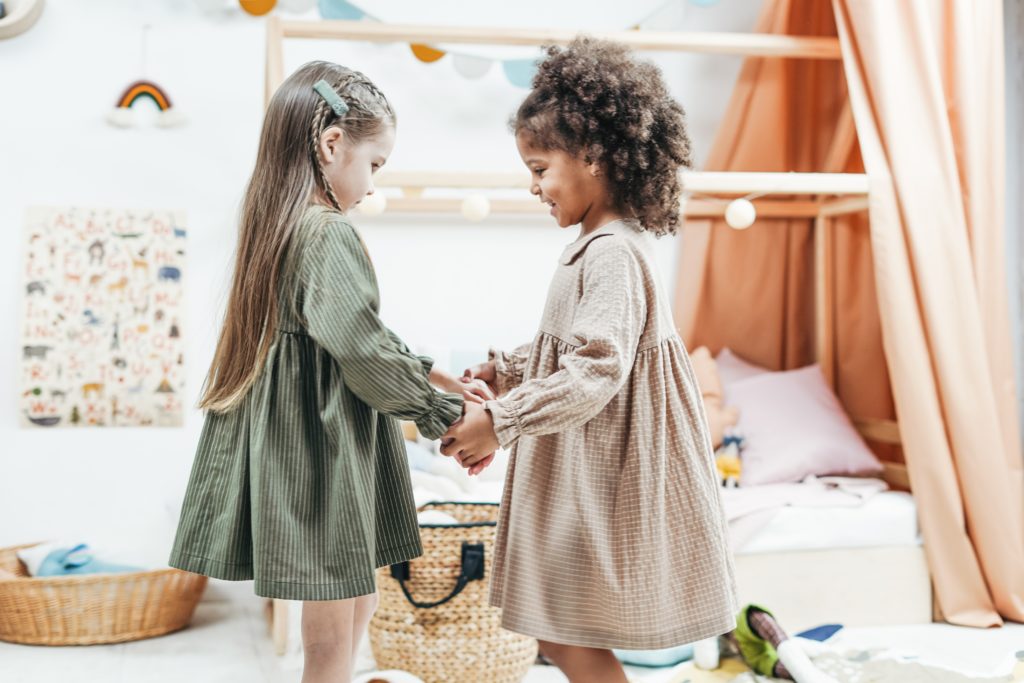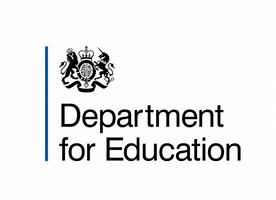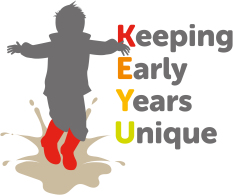15 Ways to Reimagine Education
2. Prioritise Play.
A decline in play has caused psychological problems. Researcher and Professor of Psychology, Dr Peter Gray states:
“I have documented the continuous and huge decline in children’s opportunities for free play that has occurred over the last several decades, and the huge increases in anxiety, depression, and suicides—and substantial, measured decline in creativity – that have accompanied the decline of play.
I have described both empirical and theoretical/logical reasons for believing that there is a direct cause-effect connection between the decline of free play and these deleterious psychological consequences.”
Dr Peter Gray
He says that if this trend continues, we are in serious danger of producing generations of future adults who cannot find their own way in life.
A study published in 2001 (Hofferth and Sandberg) found that over the 16-year period from 1981 to 1997, children aged six to eight spent:
- 18% more time in school.
- 145% more time doing homework.
- 55% less time conversing with others at home.
- 25% less time playing.
This trend is worrying as play serves educative purposes. Play is motivation to practice new skills. It is a crucial part of evolution and can be seen right across the animal kingdom.

Philosopher and naturalist, Karl Groos said that young animals play more than older ones because they have more to learn.
When left to their own devices, children play at the kinds of skills that they must develop as adults to thrive.
Peter Gray agrees that play is nature’s way of teaching children how to solve their own problems. He says that play can teach children to:
- Control their impulses.
- Modulate their emotions.
- See from others’ perspectives.
- Negotiate differences.
- Get along with others as equals.
He argues that there is no substitute for play as a means of learning these skills. They can’t be taught in school. For life in the real world, these lessons of personal responsibility, self-control, and sociability are far more important than any lesson that can be taught in school.
Play is Essential for All Ages

The UK Government’s framework for the Early Years Foundation Stage (EYFS) sets the standards for learning, development and care for children from birth to five years.
Initially the EYFS framework is fairly child-led and focuses on the child as an individual. It says that in planning and guiding children’s activities, practitioners must reflect on the different ways that children learn and reflect these in their practice. It outlines three characteristics of effective teaching and learning:
• Playing and exploring – children investigate and experience things, and ‘have a go’.
• Active learning – children concentrate and keep on trying if they encounter difficulties, and enjoy achievements.
• Creating and thinking critically – children have and develop their own ideas, make links between ideas, and develop strategies for doing things.
However, the focus gradually shifts towards more adult-led activities, to prepare children for formal learning in Year One onwards. Critics say that the focus of the National Curriculum in primary and secondary schools should be more closely aligned with the aspirations of the EYFS which states that:
“Play is essential for children’s development, building their confidence as they learn to explore, to think about problems, and relate to others”.
UK Government framework for the EYFS
Reduction of Play in the Early Years Curriculum

Critics, including the Keeping Early Years Unique (KEYU) movement, also complain that the “flawed and inappropriate” Key Stage 1 (Years One and Two) curriculum is creeping in even earlier into Reception classes to supposedly get children “National Curriculum ready”, as highlighted in OFSTED’s 2017 report into the Reception year:
Commenting on the report above, the KEYU movement says:
“It was seen as positive that Reception teachers were starting KS1 learning in their Early Years classes in a bid to make children ready for Yr1 expectations, expectations that are developmentally inappropriate!
How can this be right? Many of these children are still four years old. Every child in Reception is entitled to an Early Years education, not a watered-down pale imitation”
Keeping Early Years Unique (KEYU)
Definition of Play
Psychologist, Peter Gray makes the saddening observation that one of the first and most often reinforced lessons that children learn in school is that work and play are opposites:
Work is what one has to do; play is what one wants to do.
Work is burdensome; play is fun.
Work is essential; play is trivial.
Play can be defined as “activity engaged in for enjoyment and recreation”. Gray elaborates on the definition, describing it as a structured activity that is self-chosen, self-directed, imaginative or creative, intrinsically motivated, and produced in an active, alert, but not distressed frame of mind.
A growing number of people are realising that for optimum learning to take place, these characteristics must be present, and they are concerned that our schools are not creating environments where this is possible.
Campaigning for Change
Visit our Campaigns page to find out how to stand together with the KEYU movement to stop the Government making children do things they are not ready for, taking the focus away from play.
Support for Schools
Have a look at our Schools Support page for ideas for introducing or enhancing opportunities for play at school.
Further Reading
How Children Learn, by John Holt
Play is the way: Child development, early years and the future of Scottish education, by Sue Palmer
Play: How It Shapes the Brain, Opens the Imagination, and Invigorates the Soul, by Stuart Brown and Christopher Vaughan
Play-based Learning in the Primary School, by Mary Briggs and Alice Hansen
Further Reading on Why Progressive Alternatives are Needed
Please visit 15 Ways to Reimagine Education

